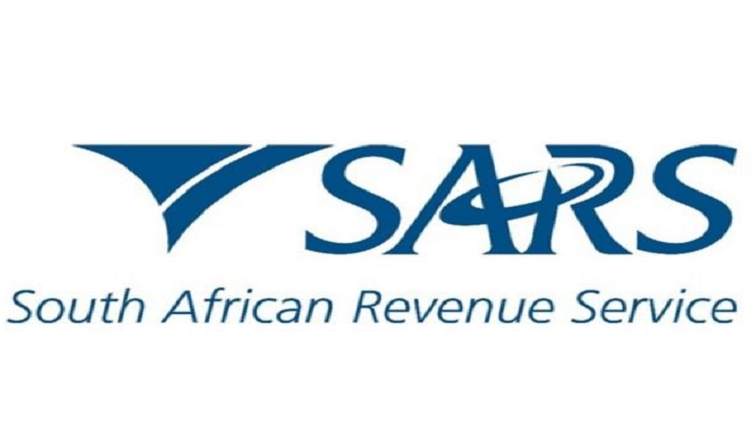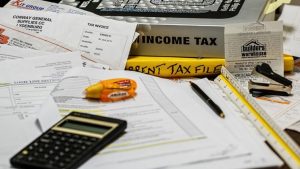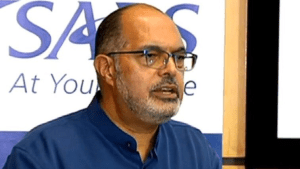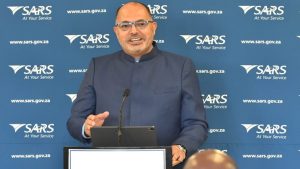The South African Revenue Service (SARS) has collected R1216.6 billion in the financial year 2017/18 in its preliminary results, which will be subject to final audit.
SARS collected a gross amount of R1451.0 billion which was offset by refunds of R234.3 billion, resulting in net collections of R1216.6 billion
The revenue outcome is R0.7 billion (0.06%) short of the forecasted Revised Estimate announced by the Minister of Finance in February 2018 Budget speech.
It represents a growth of R72.4 billion (6.3%) compared to the 2016/17 financial year.
Revenue collection is driven by the state of the economy, the fiscal policy choices, administrative efficiency and taxpayer compliance or tax morality.
As much as the performance of any tax administration is premised on the economy, other key determinants are business and consumer confidence, tax morality and the credibility of the tax administration.
The 2017/18 financial year was characterised by distinct and clearly delineated growth patterns. Until December 2017, revenue in aggregate grew by 6.2% year on year.
For the period December to February 2018, revenue growth, on a month-on-month basis accelerated to between 9.5% and 15.5%, strengthening aggregated year-on-year growth to about 7.3%. This strengthening of revenue growth during this 3-month period can be attributed to:
- An improvement in business confidence to levels last seen in 2015, resulting in improved profit outlook and hence provisional payments;
- Strengthening of commodity prices, which buoyed company income tax from especially the mining sector in December 2017;
- Purchasing Manager’s Index (PMI) which indicated a recovery in the manufacturing sector, which translated in improved company income tax (CIT) from this sector.
- The stronger currency towards the latter part of 2017 assisted companies with imports, which benefitted our trade taxes.
The slower recovery of consumer confidence resulted in lower domestic VAT.
As a result, domestic VAT grew at a muted level of 4.5%, well below the 8.1% growth seen in the previous year. Business confidence is yet to translate into higher employment numbers and significant growth in the wage bill.
As a result, Pay-As-You-Earn (PAYE), the largest contributor to the SARS tax portfolio, came in at 8.6% significantly below the 9.2% levels experienced in prior two years.
Revenue collections, on a month-on-month basis, contracted in March 2018, driving down the aggregated yearly growth to 6.3%.
Dividend taxes contracted by R3.9 billion in relation to prior year. In the prior year, companies anticipated an increase in the Dividend Tax rate, which changed from 15% to 20% effective 22 February 2017 declared extra ordinarily high dividends.
Due to the shorter business month in March, Customs had to close their statements two days earlier than normal shifting about R1.8 billion to the next financial year. Domestic VAT from large business came in flat in March 2018, deviating from the growth trajectory established during the course of the year.
The main sources of revenue that contributed to the R1216.6bn were Personal Income Tax (PIT), Value-Added Tax (VAT) and Company Income Tax (CIT).
- PIT contributed R462.5 billion (38.0%)
- VAT contributed R297.8 billion (24.5%)
- CIT contributed R220.2 billion (18.1%)
- Customs contributed R49.4 billion (4.1%)
SARS collected more than R0.8 billion from the national Prominent Business Individuals project.






